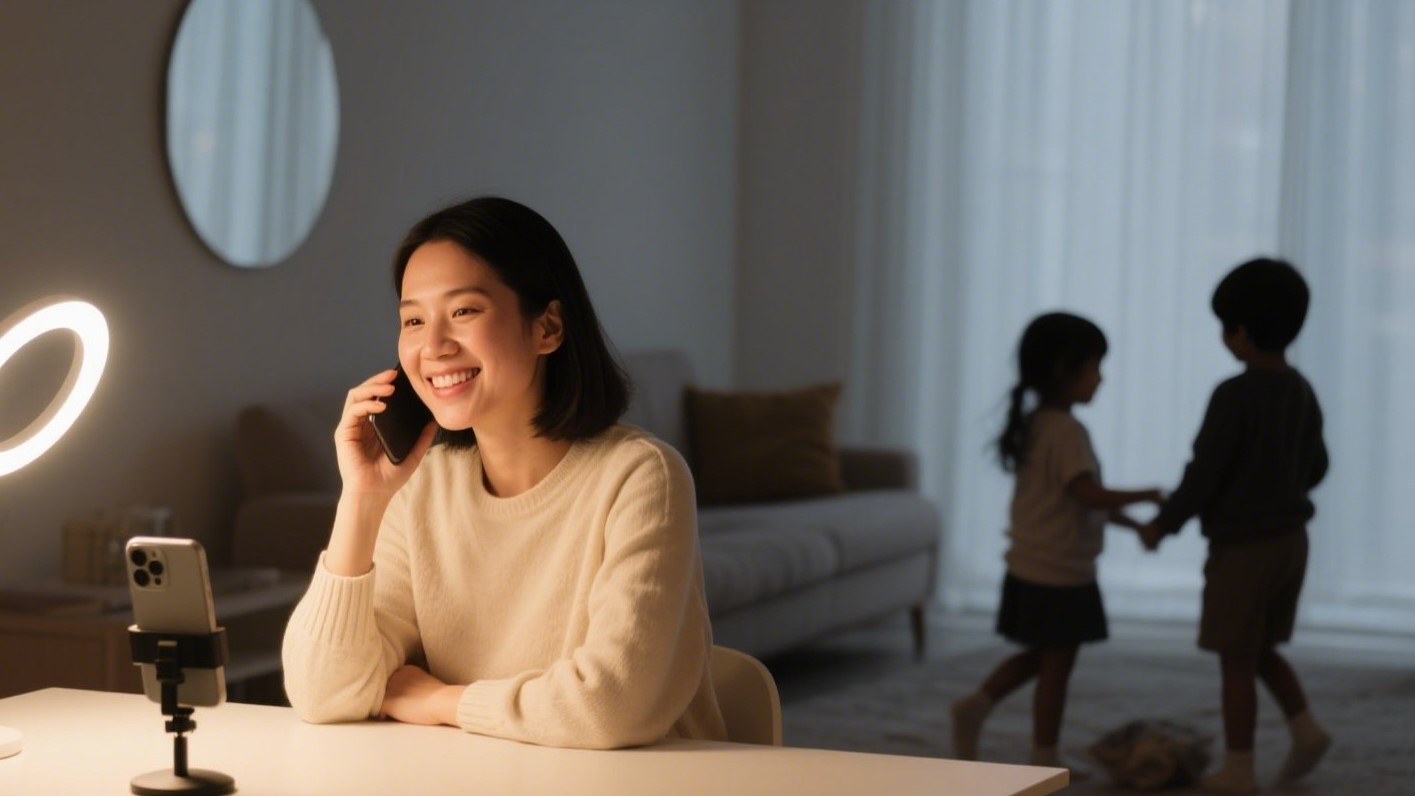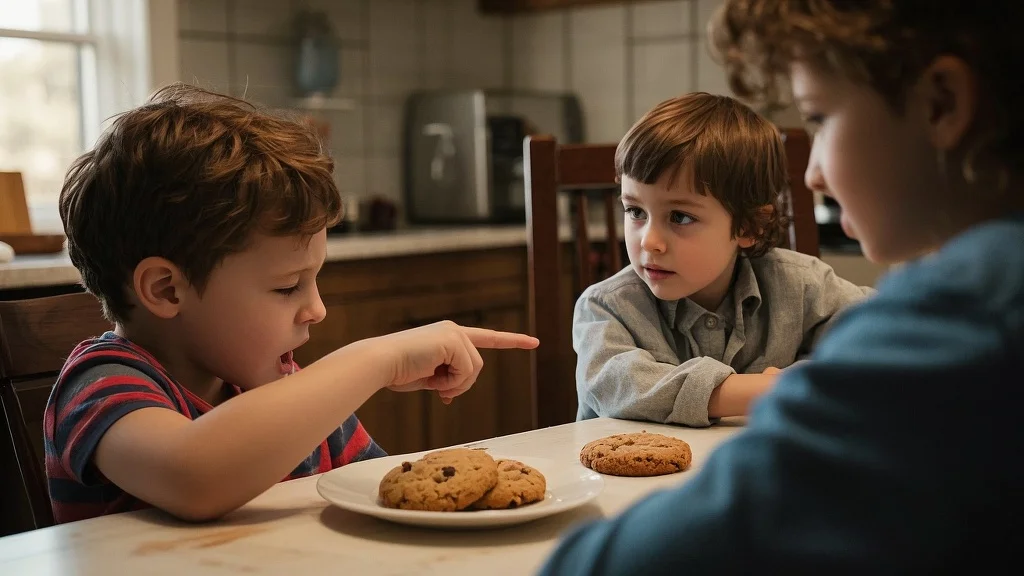Annalee Grace, a 32-year-old mother of two, began her social media journey like many millennial moms—by sharing the joys and struggles of motherhood. Her Instagram and TikTok posts touched on everything from postpartum anxiety to dinnertime meltdowns. Her authenticity resonated, earning her tens of thousands of followers.
But in the spring of 2023, something changed. Annalee stopped featuring her daughters’ faces. No more names, birthdates, or potty training milestones. Instead, photos only showed the backs of heads or emoji-covered faces.
The turning point? A conversation with a mom friend who, despite having just a few hundred followers, made Annalee realize the sheer size of even a “small” online audience. The idea of her daughters standing on a stage before thousands of strangers was suddenly jarring. “What am I doing?” she asked herself.
🔄 A Shift in Influencer Culture
Annalee’s change reflects a growing movement among parenting influencers: a conscious choice to protect their children’s privacy in the digital world.
Family vlogging has grown into a multibillion-dollar industry, with creators monetizing every step of their children’s lives—from ultrasounds to graduation day. But with that growth comes criticism. Many question whether children featured online receive compensation, or if they’re being exploited for views.
Annalee is one of many now rethinking their content. Influencers like Maia Knight (10M+ followers) and Laura Fritz (2.6M) have also pulled back, citing a desire to give their children a more private, pressure-free upbringing.
Others, like Allison Kuch—who shares her life with NFL player Isaac Rochell—chose from the start to keep their children off social media entirely. “My daughter deserves her own story,” she says.
👶 Privacy vs. Popularity
The reasons behind this shift are complex. Some parents fear future embarrassment for their kids. Others worry about safety, consent, and the digital footprint left behind. And many are reacting to a string of influencer controversies, from overexposure to dangerous missteps in family content creation.
Still, the decision isn’t easy. Creators often feel torn between their online identity and their children’s well-being. Some followers even express disappointment when kids disappear from content.
But parents like Annalee find peace in sharing motherhood without showcasing their kids. Her current content focuses on personal growth and the transformation motherhood brings. “It’s not about them being cute online,” she says. “It’s about how motherhood changes me.”
This trend doesn’t mean all parents must stop sharing. But it does highlight a growing awareness: Children deserve agency, safety, and the chance to grow up without a camera always watching.








